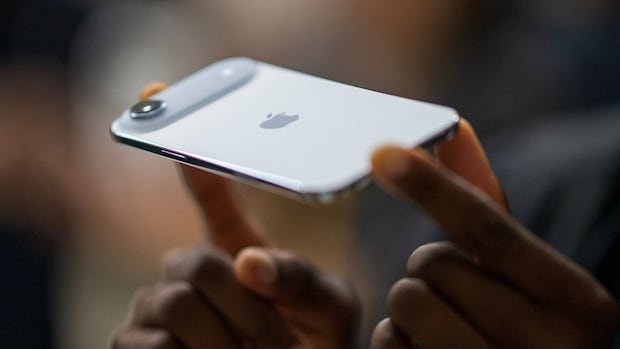Apple’s recent annual launch event was branded as “awe dropping,” showcasing new AirPods, iPhones, and smartwatches. Interestingly, what caught attention was the minimal focus on artificial intelligence (AI) by Apple CEO Tim Cook.
The event highlighted enhancements to various popular products, with a significant emphasis on health and fitness features. Notable updates included heart-rate technology in Airpods Pro 3 and health functionalities in the Apple Watch, such as the ability to identify hypertension indicators through blood vessel behavior patterns.
Cook emphasized the life-saving capabilities of the Apple Watch, showcasing testimonials from users who claimed to have averted health crises due to the new technology. Despite the promotional content, there was a lack of specific data shared on these incidents.
While the tech industry heavily emphasizes AI, Apple’s limited discussion on AI integration in its products raises speculation about its long-term strategy in this field. The company has Apple Intelligence features introduced in late 2024, recently expanded to include live translation and visual intelligence for object recognition.
However, concerns have been raised about Apple lagging in AI compared to competitors. To remain competitive, Apple needs to accelerate its AI efforts to match giants like Google and Microsoft. The performance of Siri, despite enhancements and closer integration with ChatGPT, has been perceived as underwhelming.
In contrast, other tech players are advancing in developing proprietary AI linked to their hardware. Google’s Gemini AI is being integrated into various devices, while OpenAI, the creator of ChatGPT, is venturing into hardware development. This trend aims to offer users a more personalized experience across different devices, raising privacy considerations.
Apple’s commitment to user privacy and the option to integrate ChatGPT with Apple Intelligence align with its privacy-focused approach. Besides creating an in-house AI product, Apple is exploring collaborations with Google’s Gemini or Anthropic’s Claude, diverging from the hardware-software integration strategy pursued by other tech giants.
Amid the growing focus on AI in the tech industry, there are discussions about a potential AI bubble as signs emerge of softening adoption. The rush to incorporate AI into products may be slowing down, reflecting shifting trends in the sector.
The evolution of AI and its impact on tech companies like Apple underscore the strategic decisions needed to navigate this dynamic landscape effectively.
